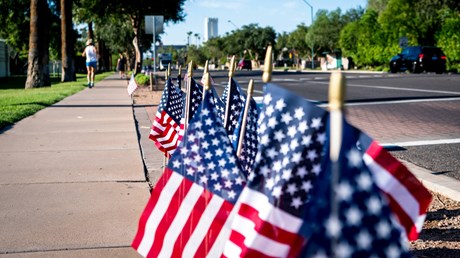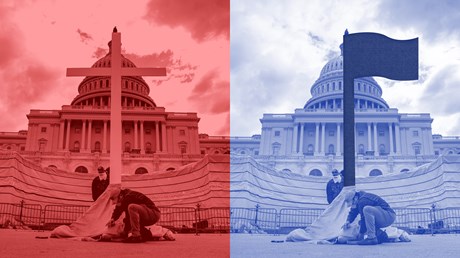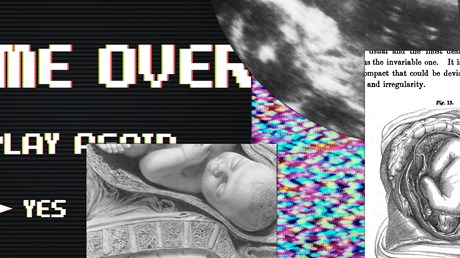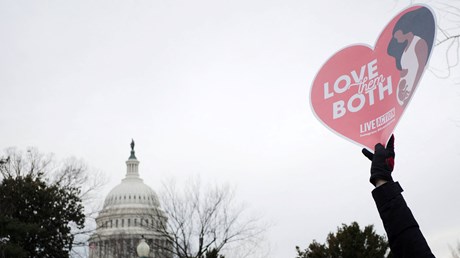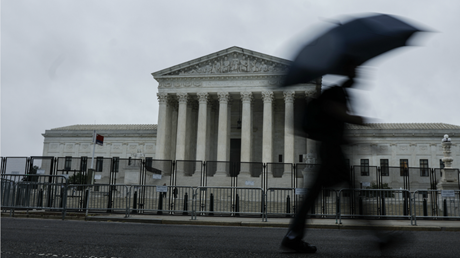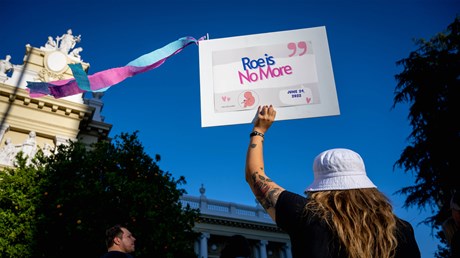Early pro-life advocates said “no” to abortion and “yes” to social safety nets for mothers. But most of today’s movement has lost that approach.

Crisis pregnancies have profound human costs. There are life-changing consequences for women who find themselves pregnant with a child they did not anticipate and may not feel equipped to care for.
Roe v. Wade suggested one way to manage those costs. Dobbs v. Jackson Women’s Health Organization suggested another way. In the aftermath of the Dobbs decision, my Twitter feed has been filled with partisans on both sides of the abortion debate expressing either outrage or jubilation at this transfer of costs.
Opponents of abortion are delighted that, at least in many conservative states, the unborn child will no longer have to bear the cost of a crisis pregnancy. Defenders of a woman’s right to choose are outraged that women in these same states will now have to bear this cost to an even greater degree. Roe v. Wade was a landmark women’s rights decision, they believe, and now that it has been rescinded, they are outraged.
But perhaps neither Roe nor Dobbs represents a fully Christian way to distribute the human costs associated with crisis pregnancies. And therein lies a dilemma for Christians who want to preserve human life and are unhappy with the results of Roe as well as the likely results of Dobbs.
The history of the pro-life movement sheds light on these perennial challenges. It also offers a rough guide for the future.
Roe v. Wade’s transfer of costs to the unborn
Roe v. Wade—which was widely supported by liberal Protestants, Jews, and secular Americans —was based on the premise that it was unjust and unconstitutional for the state to impose the costs of an unwanted pregnancy on the woman by forcing her to remain pregnant against her will.
But, of course, there was still a cost associated with ...
from Christianity Today Magazine https://ift.tt/sHv5liK
